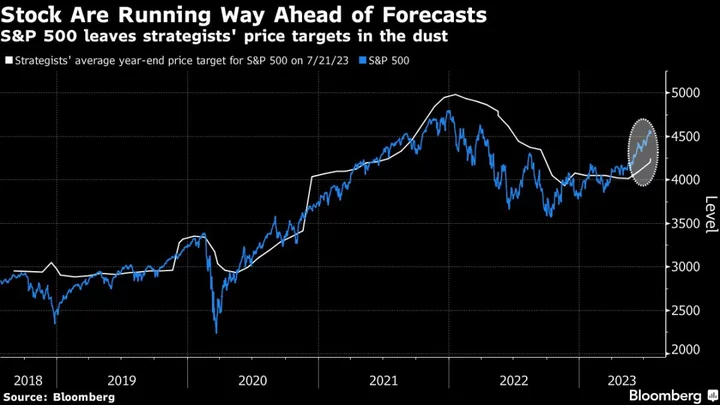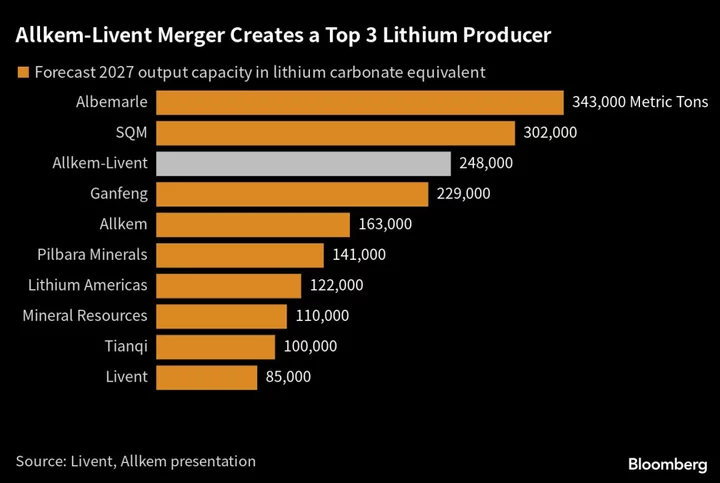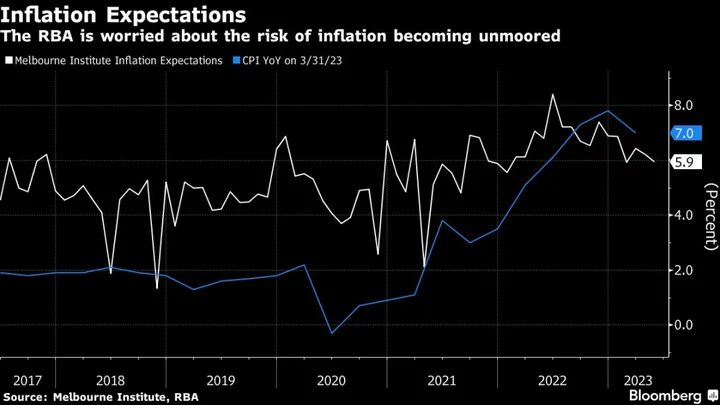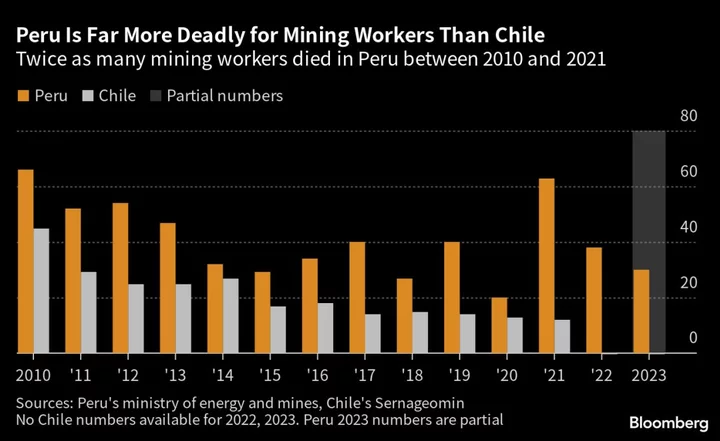Last year’s plunge in the S&P 500 made uber bear Mike Wilson the most celebrated stock forecaster on Wall Street. It’s a role he has failed to reprise in 2023.
The chief US equity strategist for Morgan Stanley on Monday conceded that he stuck with the pessimism for too long amid a rebound that has left equity benchmarks within spitting distance of erasing last year’s decline. His forecast for the S&P 500 remains 3,900, a level that has been left behind in the index’s 19% jump to around 4,560.
“We were wrong,” Wilson wrote in a note to clients Monday. “2023 has been a story of higher valuations than we expected amid falling inflation and cost cutting.” His team has recently shifted the focus to June 2024, for which the price target is set at 4,200, about 8% below its current level.
Wilson has spent most of 2023 warning the rally would reverse itself, sounding alarms on technology shares and arguing that March’s banking turmoil portended a “vicious” selling climax that was needed before shares could start rising again.
Seven months in, the benchmark index has mounted a strong rally despite falling profits. A litany of tailwinds, from optimism around artificial intelligence that lifted tech megacaps to a resilient economy where inflation cooled and recession warnings proved premature, has propelled the surge.
Wilson is among the majority of Wall Street prognosticators who have missed the equity rally. Some of them are now scrambling to raise their price targets.
While acknowledging his mistake in underestimating the equity rally, Wilson remains cautious on corporate America’s earnings power. While softening inflation bolsters optimism for a more friendly Federal Reserve, a favorable backdrop for equity valuations, it also means waning pricing power for businesses.
Two weeks into the reporting season, the pace of profit downgrades is outpacing that of upgrades, with Morgan Stanley’s measure of earnings revisions breadth dipping back to negative territory.
“We remain pessimistic on 2023 earnings,” Wilson said. “Inflation is now falling even faster than the consensus expects, especially the inflation received by companies. With price being the main factor that has held sales growth above zero for many companies this year, it would be a material headwind if that pricing power were to roll over.”









